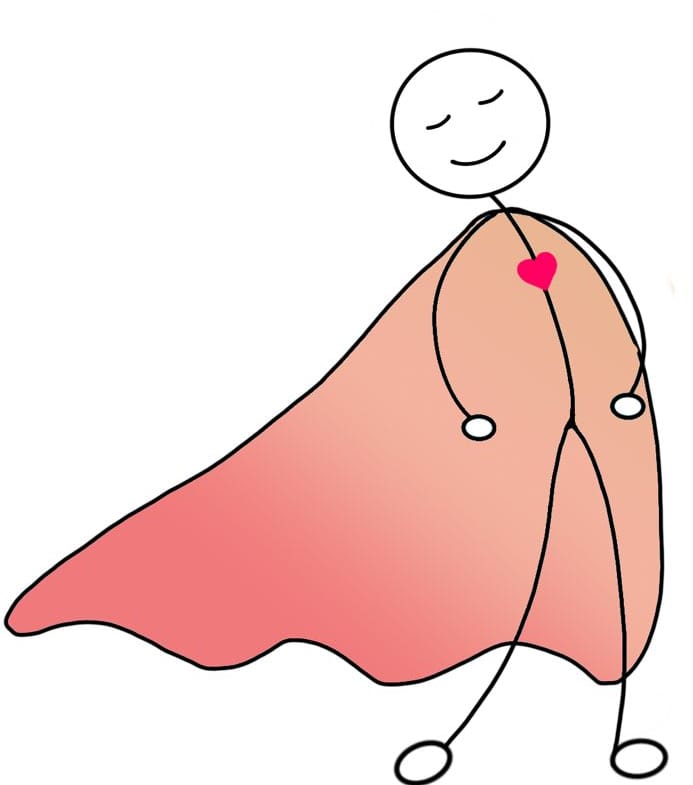Do Our Children Owe Us Anything?

At just 16, my son has already left home. Not in anger, nor because of any wrongdoing, but simply because he’s ready to spread his wings and seek his independence.
When he first told me he was leaving, my initial reaction was, Why? I felt like I had failed somehow, or that he owed it to me—as his mother, who sacrificed so much for him—to stay until he was at least 18 and try the college route. I wasn’t fully thinking or remembering what it was like to be a 16-year-old, sharing a room with a sibling, enticed by so many shiny possibilities. I shouldn’t be that surprised; I’ve raised two children who seem eager to leave the family home as soon as possible! After all, I left at 18 myself. On reflection, I was acting like a debt collector, tallying up the sacrifices and expecting repayment in the form of his obedience, presence, or chosen path.
But children aren’t born with a debt to repay. They are not bound by an invisible ledger tracking our sacrifices or expectations. When we parent with this mindset, we risk turning love and care into transactions, leaving both parties feeling short-changed.
As I began discussing this with various people and listening to their feedback, I realised we place such great expectations on our children. Our hopes, desires, and plans for their future often overshadow what they are experiencing from their own generation, their feelings, and how they wish to express themselves. Back in our parents’ generation, children often felt obligated to follow a prescribed path. Today, we navigate a more individualistic world, where personal freedom and self-expression are often seen as keys to success.

An old friend once told me, “We have these kids, if we’re lucky, on loan until they’re 18. Then they’re supposed to go.” If we’re fortunate, we’ll maintain great family dynamics, and they’ll want to keep us updated, stay in touch, and return for holidays. But ultimately, we raise children to become functioning adults who, hopefully, treat others as they’d want to be treated.
Along the way, we build memories, share fun, shed tears, discipline them, and guide them between right and wrong. Before you know it, they’re ready to make their mark on the world. During this period, I’ve realised how many parents impose their expectations on their children—whether it’s excelling to help the family back home, achieving good grades for parental bragging rights, or becoming parents to fulfil our desires. The truth is, these young people don’t owe us anything. Have you ever felt the weight of unspoken expectations in your family dynamics?

At first, I struggled with the reduced communication. I kept wondering if I should reach out more. But I reminded myself: people—children included—are busy. It doesn’t mean they don’t care. The last thing I’d want is to make them feel guilty about it. There is a balance to create at first, some getting used to what's comfortable and normal for you both.
Try and encourage open and honest communication about topics that may arise in the future. Recently, my son said, “Sorry, but I’m not sure I’d want kids young.” I laughed and told him, “You don’t need to apologise to me. This is your life, and you’re allowed to set your own rules. I don’t need to be made a grandma; you don’t owe me that.” People change their minds over time, depending on who they meet. I just want him to enjoy life, stay in touch when he can, and be kind.
It’s important to cherish them while they’re little but also to remind yourself that what naturally happens is normal. Don’t make them feel guilty about less contact, their lifestyle choices, or because you feel entitled to something from them. By stepping back and allowing our children to forge their paths, we often witness their growth into resilient, independent adults. This, in turn, strengthens the bond as they choose to stay connected out of love, not obligation.
Reflecting on this journey, I also recognised another crucial lesson about parental independence. One critical aspect I’ve come to understand is the importance of maintaining your own lifestyle and independence, regardless of your children’s age. When parents become overly reliant on their children—emotionally, financially, or socially—it can create an unhealthy dynamic. This kind of dependence places an undue burden on adult children, who may feel obligated to prioritise their parents' needs over their own lives. This not only stifles their independence but can also strain the relationship. Moreover, failing to manage your expectations as a parent can lead to significant mental health challenges. Constantly expecting more contact, certain achievements, or specific life choices from your children can result in feelings of disappointment, resentment, and even anxiety. It’s vital to find a balance between staying connected and allowing your children the space to grow, while also nurturing your own wellbeing and interests.
As cliché as it sounds, they didn’t ask to be born. We chose how to raise them, guided their lives for years, and now it’s natural for them to carve their own paths. In the meantime, we must focus on living our own lives, creating a healthy balance of love, support, and independence and there will be plenty of other new memories to create with our adult children, and they won't forget where they came from!






